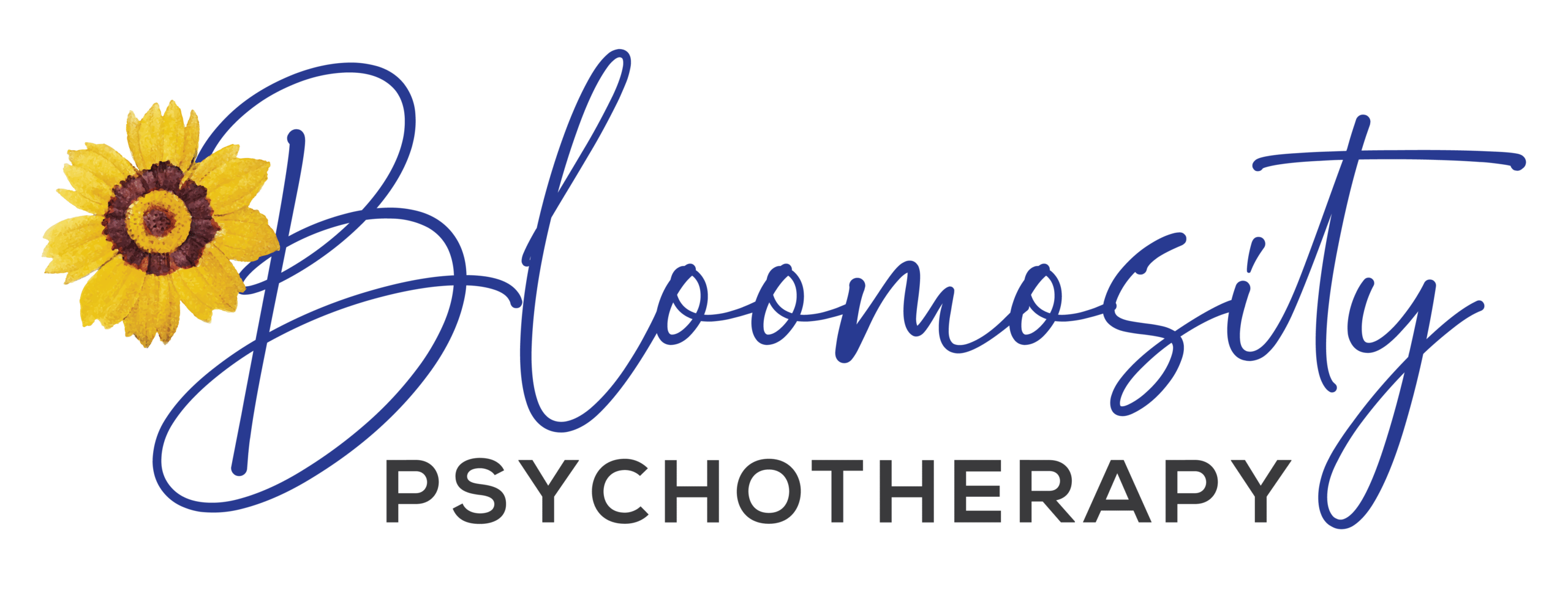The Buddha said, “If you practice loving kindness you will know the answer to every question there is. Enlightenment does not bring love; love is what brings enlightenment”.
In his book on Love-ability, Robert Holden discusses his spiritual journey to discover what love is and why love is the answer to the meaning of our existence. We ask ourselves questions, such as, who am I? Why am I here? What is the purpose and meaning of my life? The book explains that the purpose of our being is love.
Love is what we are seeking our whole lives. We forget that at our essence, we are love. We forget how to love ourselves. And, to give love, and to find love, we must first love ourselves. If we find ourselves asking questions like, “what is love?” and “how do I find love?”, then this may be a hint that we have lost the essence of who we are, that which is love.
When we are born into this world (and even before this if you consider the soul of the baby yet to be born), our true essence, or “unconditioned” self, is love. Babies do not know the difficulties of love, they don’t hold grievances or judge themselves and others. They are pure and “they aren’t trying to be loveable, they just are”. However, as the child develops, matures, and gains life experiences, this self-love becomes distorted because we learn that love is conditional.
For example, a child learns that to be “loveable”, he or she must please the parent by being good or smart or talented. And so, the love the child receives becomes conditional on “doing” some act. The child learns that they are not unconditionally loveable and that they are loveable only “if, when, or something, happens first”. How we feel about ourselves becomes tied to something, or someone, other than ourselves. We begin to lose our innate essence of self-love which is at the core of our being.
Self-love is knowing who we are and that we aren’t the judgments we place on ourselves. We can see through the masks that we wear to protect ourselves. We can see our true self without feeling shame or guilt. Try this experiment that is suggested in the book. Stand in front of a mirror for 15 minutes and look at yourself. Every so often, say out loud, “I love myself”. Notice what thoughts, feelings and reactions come to mind during this exercise.
What does this say about your love of yourself? What does this say about the judgments you pass onto yourself? Does your inner critic come up? Are your self-perceptions positive or negative? What fears come up?
In her book “A Course in Miracles”, Marianne Williamson says that we have two emotions – love and fear and that “each is a way of seeing, and different worlds arise from their different sights”. Love is the gift that is given to us while fear is created from our thinking egos.
According to Holden, “when you judge yourself, the personality compares itself negatively with others. You keep trying to change yourself into something better, but nothing really changes because you haven’t stopped telling yourself, I am not loveable”. The basic fear of “I am not loveable” can also play out as “I am not capable”, “there is something wrong with me”, “I am not understood” and other negative story lines we create for our lives. To get past these negative story lines, you need realize that you are loveable and that “whether someone loves you or not has no bearing on how loveable you really are”. To find love in relationships, we must first love ourselves. To quote Arnaud Desjardins “You will never feel loved until you love yourself”.
